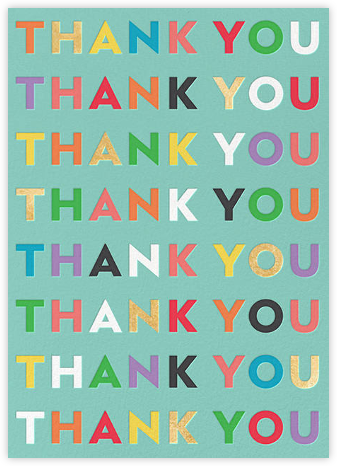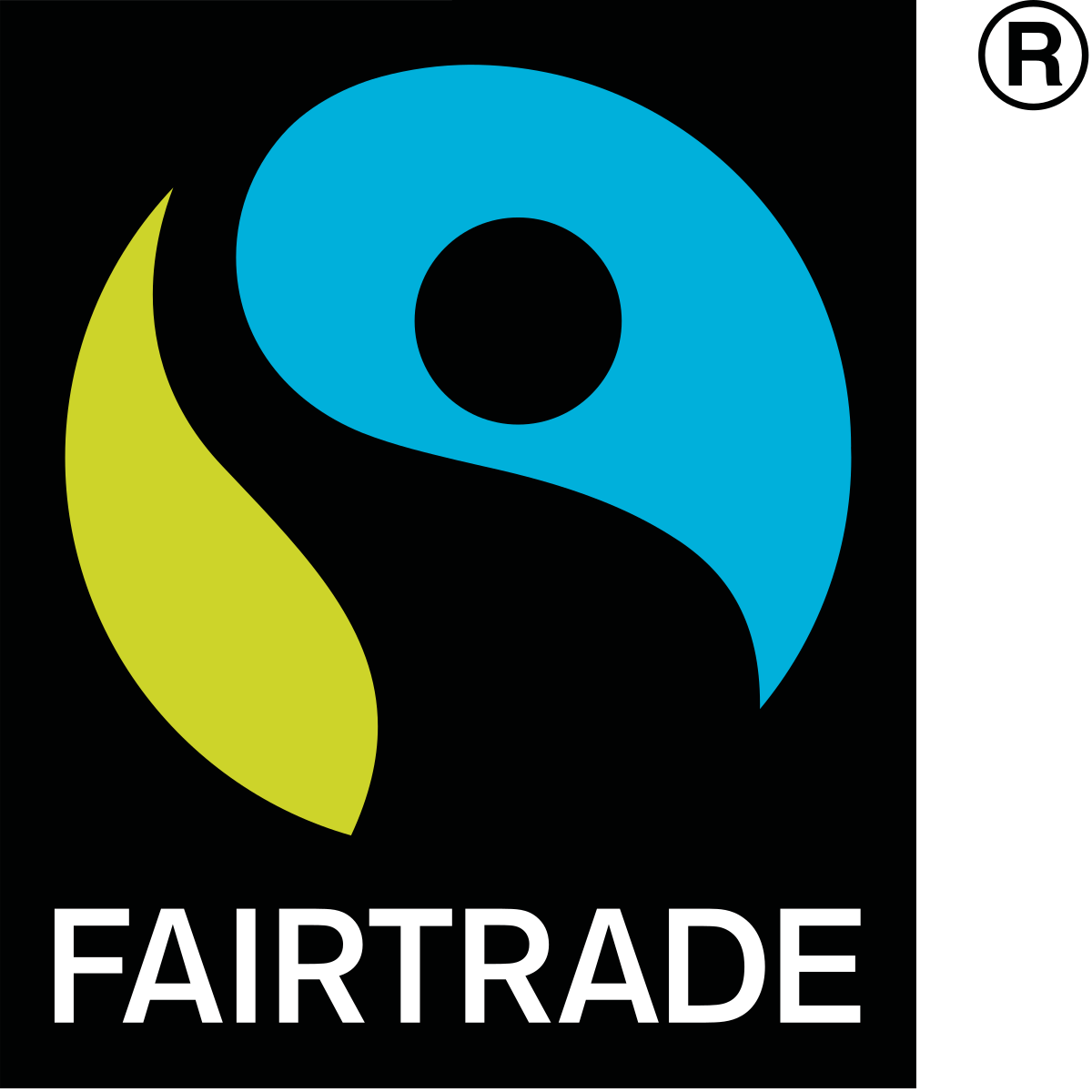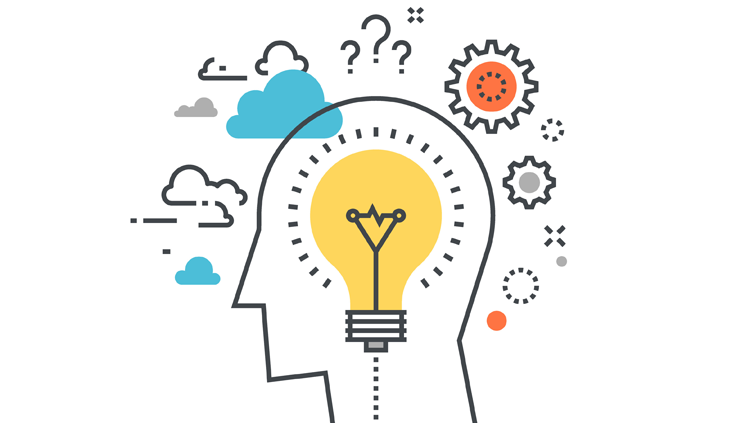Being kind to people does not make you weak in your beliefs.
I’ve been doing a lot of thinking about what it means to be open-minded in our interactions with the people around us. With the current political climate being so polarizing, there’s a lot of demonization of those who hold beliefs different than our own. It’s become a recurring theme in my own social life as well: How do I react to people who think differently, or even in stark contradiction of what I think? And what does that say about who I am as a person?
One of my closest friends is Catholic. We sometimes joke about how cliché it has become to think your college friends will be bridesmaids at your wedding, and yesterday we had an interesting discussion about how, ideally, our hypothetical future bridesmaids would support us in all aspects of our lives (including, in this case, her faith). We agreed that doesn’t mean our friends need to have the same religious beliefs as us, or even love our religious choices. But what if one of our friends actively opposes, judges, or disagrees with Catholicism in a negative way? For me, it’s two-sided. On one hand, I respect my friend’s beliefs and decisions. On the other hand, why can’t my friend be more respectful and accepting of my beliefs in the first place?
Another hypothetical scenario: a mutual friend irritates you beyond belief. They disagree with you on almost everything. Every thing they do, you would do in the exact opposite way. You just don’t get along. In this scenario, what is right? Should you force yourself to get along with someone for the sake of peace and good times? Or do you reserve the right to hate (or strongly dislike) them?
Despite putting in some serious thinking-time on this subject, I haven’t figured out an absolute answer that compromises with all sides and leaves everyone feeling happy. I have, however, made some realizations about how to have productive, respectful discussions and interactions with people who are unlike ourselves (which, essentially, is every other person on the planet). I don’t know of anyone who has mastered this difficult question, and I don’t mean to come off as a person who has. If you know the secret, please let me know!!
Sadly there is a lot of negativity, hate, and anger in the world, meaning there are a lot of people who are negative, hateful, and angry. If you let every single hateful person deeply affect you, then you will spend a lot of time being angry and sad. “Pick your battles” is a useful piece of advice. Just because you don’t fight every single person who disagrees with you, does not mean you don’t have morals or values that are important to you. It just means you understand there are lots of people in this world, with lots of varying opinions. Engaging in dialogue about things that really matter to you is definitely important. There’s a time and place for it. There’s also a respectful, non-accusatory way to go about it.
I think if you act in love and kindness through your actions and words, generally people will reflect that back onto you. This is especially difficult for people who are extra mean, but I think that the notion mostly holds true. If you can only tolerate people who completely agree with you 100%, you will end up with very few people around you. If you can’t listen to someone else’s point of view, and truly try to see where they are coming from or why they are thinking in that way, then it will be very difficult to have a productive conversation that ends in any resolution.
I can’t say that I actually do these things. It’s really hard not to judge people based off their sometimes, and I think we can all admit that. Being open-minded, to me, is really a part of being kind. There are so many individuals with unique life histories and perspectives that shape the way they think. To discredit their opinions is to discredit their lives, and part of who they are. I’m realizing that it’s more important to me to spread love than to convince someone that Trump is not great for America. And, an added bonus is that people are more willing to be persuaded if they know you are coming from a place of respect, love, and understanding. Obviously it’s easier said then done. However, just because you don’t always fight people about politics or what they say doesn’t mean that you’re a bad person who doesn’t stand up for what you believe in.
So how does this make the world a better place? Productive conversations that are civil, respectful, and important to society always make the world better. When people can get together and talk about what’s important to them, it leads to solutions to some of our most pressing issues. There is no way to fix problems or disagreements when you only respect the opinion of one side. We can see proof of that right now in our United States politics. One passionate conservative might say, “I’ll never understand how liberals can think that way, they want to take away my rights and that is a personal attack on me.” One liberal might say, “Conservatives hold beliefs that fundamentally challenge my human rights, and I take that as a personal attack.” Both statements refuse to acknowledge that there may possibly be value or truth in the opposite party’s beliefs. The statements also demonize the other individual based off of their political ideas. As a side note, people are more than just their political ideas. I think we sometimes forget that.
I guess the purpose of this post is just to start a discussion about what being open-minded really means, and how it is actually carried out in our lives. In my opinion, you can’t go wrong with simply trying your best to love and respect the people around you.







 It shouldn’t be a secret that when we buy our products really cheap, it means that somewhere along the way, the true price is being paid. Whether it be human beings or the environment, someone is footing the bill of our extremely low-priced goods. Oftentimes this can include things like child or slave labor. It can include unsustainable practices that exploit the natural environment or create hazardous waste. As consumers, our power is held within where we decide to spend our money. With our money we cast a vote in the market, telling it what we want more of and less of. I can personally say I find it very difficult to resist a good deal on cheap clothes or ordering things from China on Amazon that were definitely made in a factory. I admit it, sometimes I eat Crunch chocolate bars even though I’m aware of all of the child labor accusations against Nestle. No one is perfect. However, there are little things we can all do to attempt spending our money on sustainable, ethical, fair-trade products that don’t always have to break the bank.
It shouldn’t be a secret that when we buy our products really cheap, it means that somewhere along the way, the true price is being paid. Whether it be human beings or the environment, someone is footing the bill of our extremely low-priced goods. Oftentimes this can include things like child or slave labor. It can include unsustainable practices that exploit the natural environment or create hazardous waste. As consumers, our power is held within where we decide to spend our money. With our money we cast a vote in the market, telling it what we want more of and less of. I can personally say I find it very difficult to resist a good deal on cheap clothes or ordering things from China on Amazon that were definitely made in a factory. I admit it, sometimes I eat Crunch chocolate bars even though I’m aware of all of the child labor accusations against Nestle. No one is perfect. However, there are little things we can all do to attempt spending our money on sustainable, ethical, fair-trade products that don’t always have to break the bank. Tip #2: Look for labeling
Tip #2: Look for labeling
 Tip #4: Buy less (reduce and reuse!)
Tip #4: Buy less (reduce and reuse!)
